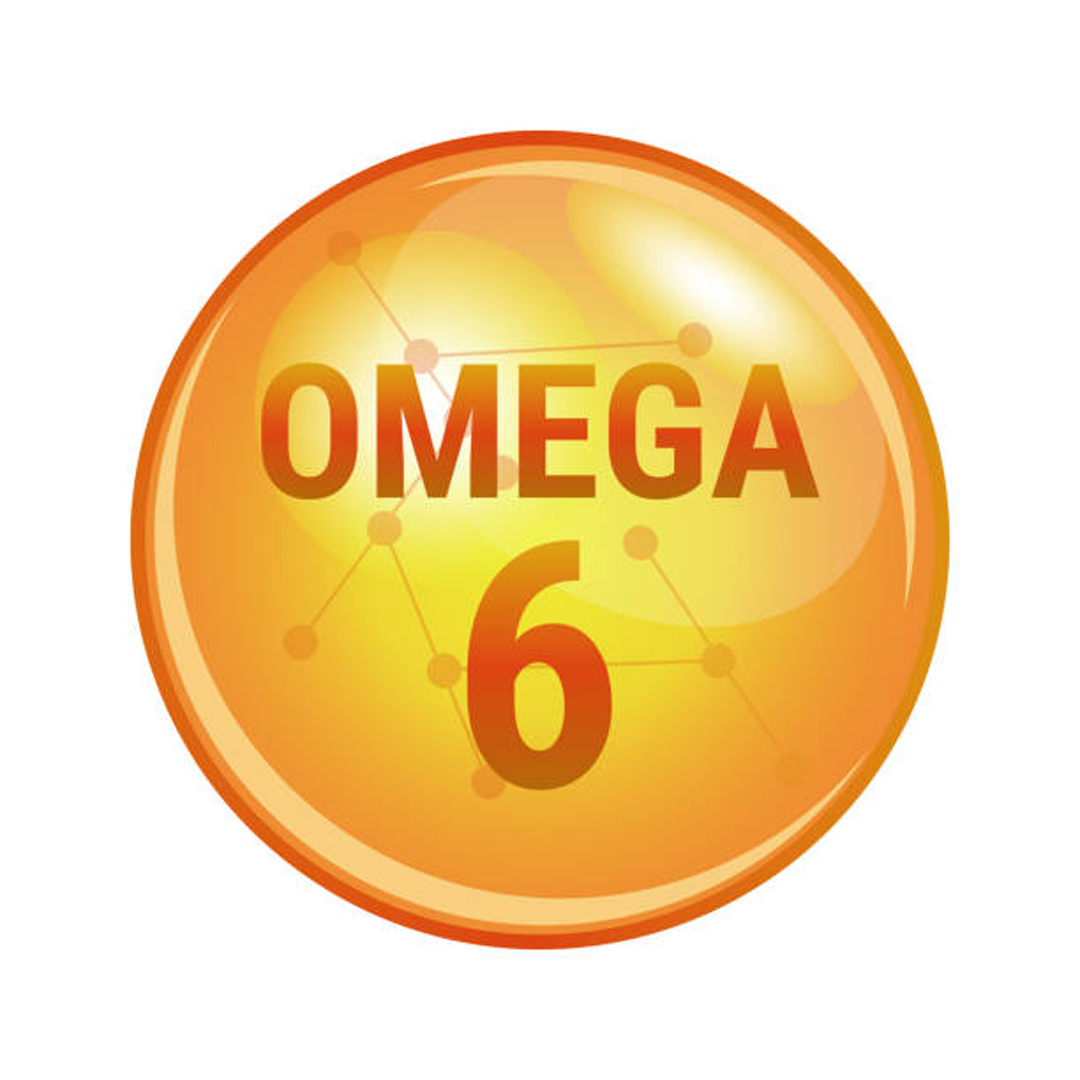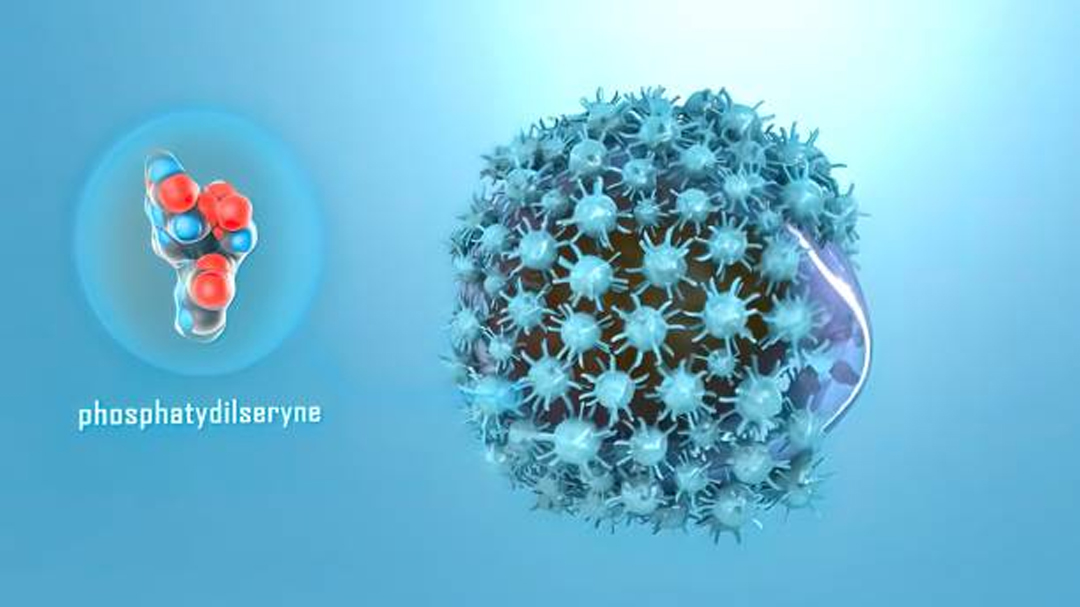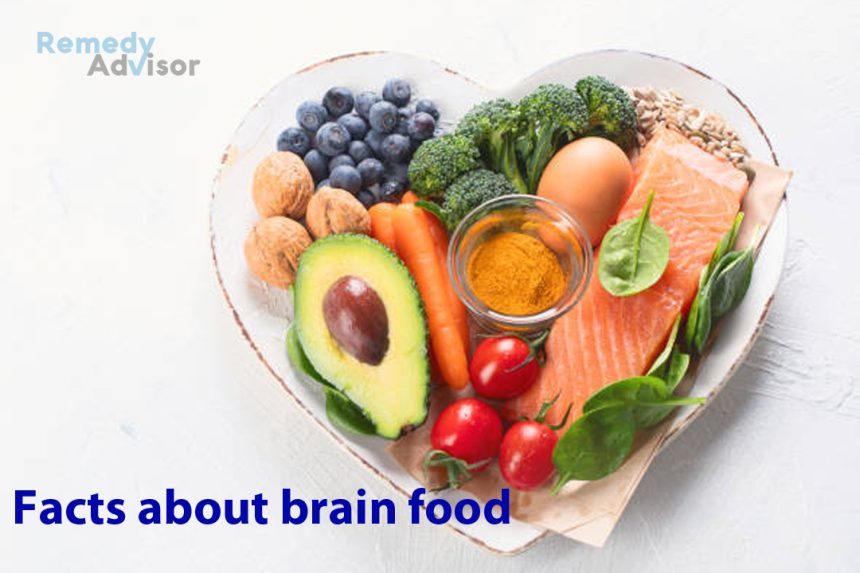Everyone forgets something from time to time. Some people have trouble remembering names. Others can’t keep track of their car keys. Whether we suffer everyday absentmindedness or moments of real memory loss, all of us are concerned about keeping our brain power intact.
In recent years, a great deal of research has focused on the most severe kinds of memory loss senile dementia and Alzheimer’s disease. In the US, these closely related conditions affect up to 10% of people over age 65 and nearly half of those over age 85.
Many studies have identified ways to lower risk of these age-related problems. Popular methods include stress-reduction strategies, such as daily exercise, positive mental imagery, biofeedback and close personal relationships, to prevent spikes in the memory-draining stress hormone cortisol, “brain workouts,” including crossword puzzles, word games and challenging card games and eight to nine hours of sleep each night. Good nutrition and the right kind of supplementation also can help protect our brains and safeguard our memories at any age. The sooner you get started with a brain-protecting regimen, the more you’ll benefit.
For optimal brain function, your diet should be well-balanced with carbohydrates (40%) protein (30%) and fats (30%). You can accomplish this by eating meals that include whole grains, fruits and vegetables (for complex carbohydrates), fish, poultry, lean meats, legumes, nuts and seeds (for protein) and fish oil, olive oil, avocados, almonds, walnuts and ground flaxseed (for fats). Steer clear of dairy products and packaged and processed foods, such as cookies, white bread and pasta, which are packed with simple carbohydrates that wreak havoc on glucose levels, contributing to diabetes, stroke/vascular disease and dementia.
The value of fish
Fish provides docosahexaenoic acid (DHA) and eicosapentaenoic acid (EPA), the most plentiful fatty acids in the brain. DHA, an omega-3 fatty acid, is found in abundance in cold-water fish such as mackerel, sardines, salmon and herring. You also can get it from fish-oil supplements, egg yolks, DHA-enriched eggs and some algae supplements, such as Neuromins, a product that is available at most health-food stores.
Foods such as walnuts, leafy, green vegetables and supplements including flaxseed and hemp oil contain alpha-linolenic acid, an omega-3 fatty acid that can be converted by the body into DHA and EPA.
How essential is DHA to memory? It has been known for some years that people have a higher risk of Alzheimer’s if they have low blood levels of DHA. A study in Archives of Neurology revealed that people who ate fish one to three times a month had a 40% lower risk of Alzheimer’s than those who never ate fish. Those who consumed fish once a week or more had a 60% lower risk. Fish may be baked, broiled or grilled.
It also makes sense to take a fish-oil supplement daily. I suggest 1,000 milligrams (mg) of combined DHA and EPA.
Caution: Fish oil can thin blood, so check with your doctor before using it if you take blood-thinning medications such as warfarin (Coumadin).
Gla is essential

Omega-6s make up another class of essential fatty acids that are necessary for good brain function. Omega-6 is found in vegetable oils, including safflower, sunflower and corn oils. Most American diets contain too much of these oils due to consumption of packaged and fried foods. However, the most important omega-6 fatty acid is linoleic acid, which is converted in the body to gamma-linolenic acid (GLA). This essential fatty acid plays a big role in the formation of healthy brain-cell membranes, the part of the cell that stores information. Taking borage oil or evening primrose oil are healthful ways to increase GLA intake hempseed and hempseed oil also are good sources. Another way to get GLA in the diet is by consuming flaxseed (with water to prevent constipation) or flaxseed oil.
Count on choline
Just as a car needs spark plugs, an active brain needs quick-firing neurotransmitters. As the name implies, a neurotransmitter sends a signal one that jumps from one brain cell to another. Substances that act as neurotransmitters the most important of which is a brain chemical called acetylcholine are vital components of the brain’s communication system.
There’s one hitch. In order for your body to manufacture enough acetylcholine, you need to get a closely related nutrient called choline. The best source of choline is phosphatidyl-choline (PC), which occurs naturally in fish, egg yolks, legumes, nuts, meat and vegetables. It also is found in breast milk. To help prevent memory problems, you can boost your PC intake by taking a 1,500- to 2,000-milligram (mg) PC supplement daily. (Doses of more than 3,000 mg can cause digestive upset, including diarrhea, nausea and stomachache.)
PC is only part of the neurotransmitter equation. To turn PC into brain-friendly choline, you also need to get healthy doses of vitamin C and certain B vitamins. You can get plenty of these vitamins in your diet by eating red, yellow and green peppers, citrus fruits and cantaloupe for vitamin C and sweet potatoes, tuna and avocados for B vitamins. Also, I recommend taking a balanced daily multivitamin/mineral supplement.
Deficiencies of folic acid and other key B vitamins have been associated with an increased risk of Alzheimer’s disease. These nutrients help to lower levels of homocysteine, a harmful by-product of protein metabolism that is increased in people who are genetically susceptible. That’s why it is important to have your blood levels of homocysteine, folic acid and B-12 tested by your doctor to see if you need additional supplementation of folic acid and/or B-12.
The European cure
For years, European doctors have recommended a supplement called L-alpha-glycerylphosphorylcholine (GPC) to promote mental acuity (the ability to respond quickly and appropriately to mental challenges). GPC actually is used by the brain more effectively than PC to form acetylcholine but it costs twice as much and is less widely available in the US. A good GPC supplement by Source Naturals is sold in some health-food stores under the brand name Alpha GPC. Take two 300-mg capsules twice daily for the first four weeks, then two 300-mg capsules once daily as a maintenance dosage. Side effects are rare, but take GPC with a meal if it seems to interfere with your digestion.
PS: be sure to get more

Phosphatidylserine (PS) is a fat that the brain needs to preserve the key brain chemicals serotonin and dopamine. It also has been shown to reduce levels of the stress hormone cortisol. PS is found in fish, soy and leafy, green vegetables. As we age, PS levels in the body start to decline, so most people need to take a supplement once they’re past age 50.
A normal daily diet has about 70 mg of PS. You need about four times that much if you have memory problems. Nearly anyone can benefit from a 300-mg daily supplement of PS. You’re likely to notice improvements in mental alertness after four to eight weeks. A small percentage of people have digestive upset, such as bloating and diarrhea, but you can reduce the dosage if this is a problem. PS is available at health-food stores and pharmacies. Make sure you buy a product that lists “phosphatidylserine” on the label. (Some supplements contain “phosphorylated serine,” a nutrient complex that doesn’t provide the same benefits as PS.)
Help from ALC
When taken as a supplement, a nutrient known as acetyl-L-carnitine (ALC) has been shown to improve cognitive function and memory in older adults. Researchers also have found that ALC slows the progression of early stage Alzheimer’s disease. By improving communication between the two main hemispheres of the brain, ALC helps enhance the interplay of creative and cognitive brain activity.
For people with mild memory problems, I recommend taking 500 mg of ALC daily on an empty stomach. For those with more severe problems such as dementia, I suggest the same dose three times daily. Cut back if you have digestive upset.
Add antioxidants
In all likelihood, Alzheimer’s disease and other types of dementia are related to excessive damage by free radicals (normal by-products of metabolism that can destroy cells, organs and tissues). Free radicals irreversibly injure our cells and contribute to accelerated aging, but studies have shown that this damage can be warded off by getting enough antioxidant nutrients to help guard our brain-cell membranes.
There’s ample evidence that a daily dose of 2,000 international units (IU) of the powerful antioxidant vitamin E can slow the decline of cognitive function in people who have moderate to severe Alzheimer’s disease. There have been controversial vitamin E studies that seemed to show a link to worsening chronic disease. However, I don’t have much confidence in those studies because they were performed on unhealthy people. When it comes to Alzheimer’s, results of vitamin E studies have been quite good.
All fresh fruits, vegetables and other plant foods provide multiple naturally occurring antioxidants. Juices are an especially concentrated source of antioxidants. In fact, a study of nearly 2,000 Japanese Americans found that those who reported drinking fruit and vegetable juices at least three times a week had a 75% lower risk of developing dementia than those who drank juices less than once a week. The most nutritious fruit juices include cranberry, pomegranate, apple and blueberry. I also like mixed vegetable juices containing any combination of spinach, celery, lettuce, parsley, watercress, carrot and tomato.
If there is a strong family history of dementia or you have beginning signs of it, take up to 2,000 IU of vitamin E daily. Green tea also is an excellent source of antioxidants. I recommend drinking two to four cups of green tea daily and eight ounces of fresh juice.
Ginkgo the brain pleaser
Ginkgo biloba is an herbal remedy that has been shown to improve memory and cognitive processing by promoting blood flow to the brain. I recommend a 24% flavo-glycoside extract. Start with a dose of 120 mg to 240 mg daily, and increase to 360 mg daily over a four-week period. Some people begin to see results in four to eight weeks. If you’re already taking a blood-thinning medication such as aspirin or warfarin, consult your doctor before taking ginkgo.







